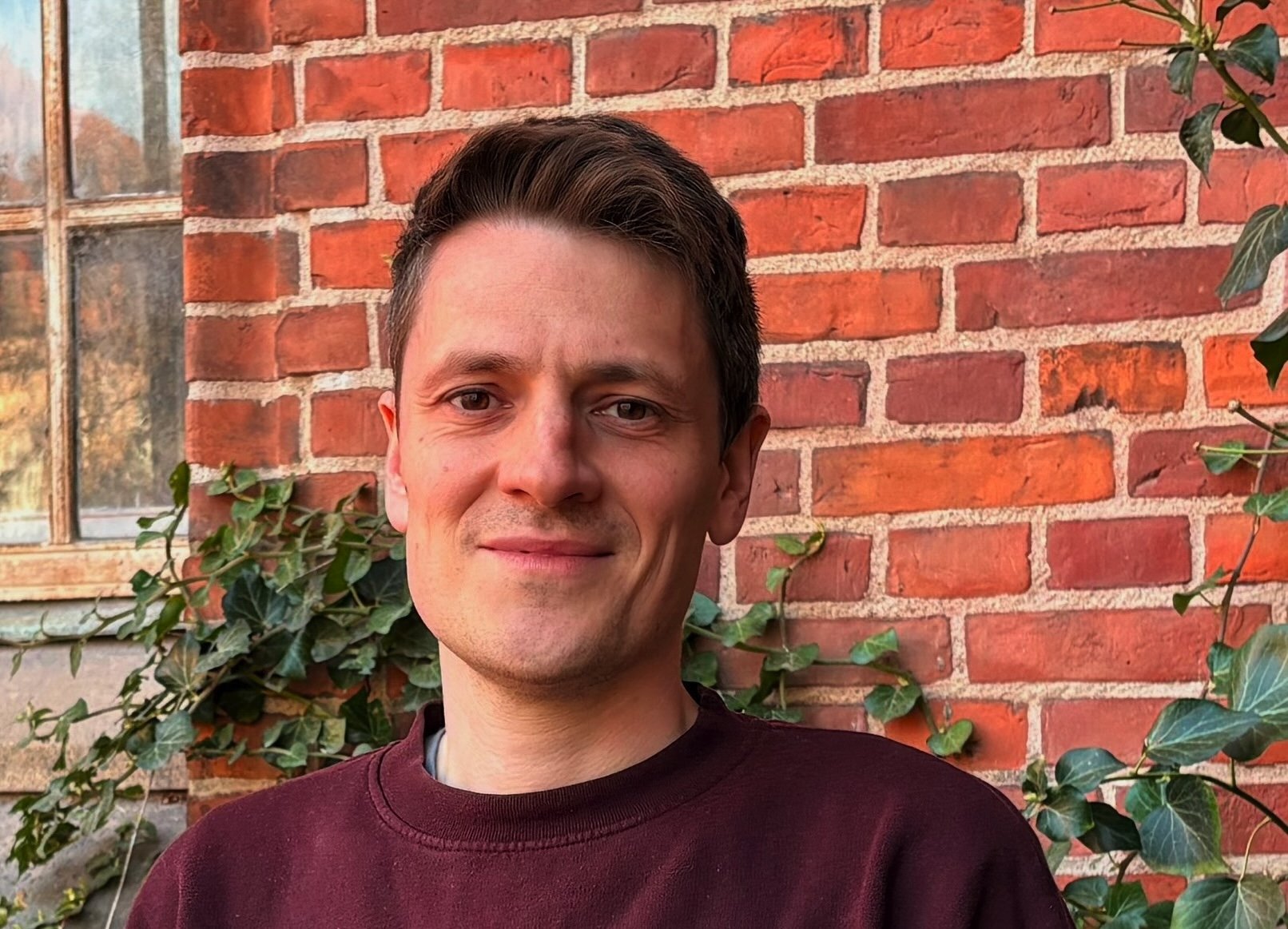Lewis Ashman
I’m a historian specialising in intellectual history.
I work at the intersection of the early modern and modern periods and my research centres around the relationships between science, philosophy, and religion in the eighteenth century. I’m particularly interested in the place of natural knowledge in the Enlightenment.
I hold a PhD from the University of Edinburgh, where my dissertation was on the reception of Isaac Newton in the Scottish Enlightenment. I’m currently based in Copenhagen, Denmark, where I’m working on publishing my doctoral research.
My work
My research has so far focused on Scotland and been aimed at better integrating natural philosophy into the history of the Scottish Enlightenment. Typically, Enlightenment thought is seen to advance a secularising, reformist agenda aimed at improving the material and moral condition of society through the exercise of reason and the rejection of received intellectual authority. If considered at all relevant to this endeavour, science is viewed as an outside influence, not integral to the Enlightenment per se.
Through my doctoral research into Isaac Newton's reception in Scotland (read the abstract or contact me for a copy of the thesis), I investigated how Newton's example functioned in a range of contexts, particularly popular pedagogical works and contemporary debates that cut across several fields of inquiry. While Newton’s ideas are often treated as a static scientific ideal that inspired philosophy, I argue that Newton's example did not just inform ideas about natural inquiry and methodology but was in dynamic relation to a range of concerns characteristic of Scottish Enlightenment philosophy, such as moral philosophy (ethics), the science of the mind (psychology), and historiography – not as ‘science’ but as early modern philosophy.
Central aspects of Newton’s philosophy were subject to varying interpretations that offer valuable insight into how natural philosophy was conceived from the late seventeenth to the early nineteenth century. I have found that ‘Newtonian natural philosophy’ underwent significant transformation in Scotland, largely in response to new ideas about the relationship of God to nature, which I think helps us better understand how the ‘modern science’ of the mid-nineteenth century came about. I have also sought to counter the widespread misconception of Newton’s Scottish admirers as partisan followers by foregrounding their ideas and revealing how they engaged critically with Newton’s writings and example.
My work has involved thinking about: the relationship between different areas of inquiry in the early modern period; institutions as contexts for intellectual change and the transmission of ideas; discipleship and philosophical isms; the relationship between belief or ideology and scholarship; and the function of histories of learning in intellectual debates.
Get in touch
Send me a message if you’d like to discuss a project or find out more about my work.
